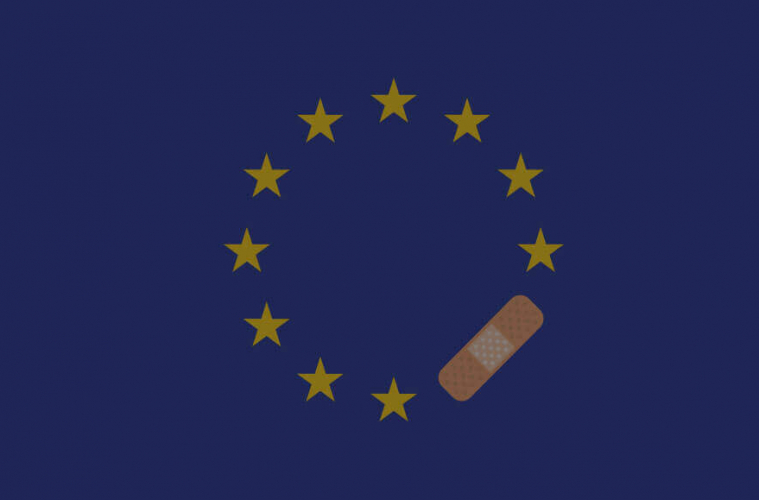Every conversation that I have had about Europe in the past year or so has focused on the politics of the region more than the economics. For every question about growth in the Eurozone I have had 20 about the chances of Marine Le Pen in the French elections or the effect of Brexit negotiations on the continent as a whole. It’s probably why disaster movies are more popular at the box office than rom-coms; nothing sells like bad news.
But while picking a path through the back and forth of the Dutch, French, German and possible Italian elections may garner the majority of the headlines, the underlying strength of the Eurozone economy should also be able to garner some column inches too.
Mario Draghi, President of the European Central Bank and one of the key architects of the Eurozone’s response and recovery from its current crisis has started 2017 telling markets that the ‘balance of risks’ in the Euro area has improved. This may sound like wishy-washy econobabble but this represents a sea change in economic sentiment for the continent.
There is still a lot of work to be done of course. While unemployment in the UK, US and Japan are close to what economists call the ‘natural rate of unemployment’ – a level of employment within an economy wherein there is an equilibrium in real wages – in the Eurozone they are well away from that. Eurozone unemployment is currently 9.6% with the rate of joblessness in Spain and Greece still above 18% and 23% respectively. These are both very tough climates wherein businesses feel the need to raise wages.
Movements in trade terms globally are set fair for Europe as a whole. The United States under Donald Trump is retrenching from multilateral trade agreements; one of the first things that the new Administration did was cancel the Trans- Pacific Partnership trade deal and the TTIP deal with Europe has not been spoken of since. One side of the decision of the US to withdraw from these large multilateral trade deals that is not talked about is that the exporting countries that were part of these deals still need an economy to sell in to. This used to be the United States but with these countries now eager to strike new, mutually beneficial trade deals, the European Union could easily be the beneficiary.
As for the currency, we think that the second half of the year represents a real buying opportunity for the euro should the political risk diminish as we have forecast.
A Le Pen loss is a near-term boost and while we do think that election failures for both Geert Wilders and Marie Le Pen can still offer some level of electoral risk as vocal opponents to their respective governments, a central bank that is happy to talk up the prospects of the economy having been so negative for so long should quell that.
We think that a 5-7% run higher in the single currency is not out of the realm of possibility.
This article is part of our spring edition of Transfer magazine. Download your complimentary copy here.
Further reading:
Inflation focus: five things that have gotten much more expensive and why
UK tax revenues at an all-time high—but where is this money going?


